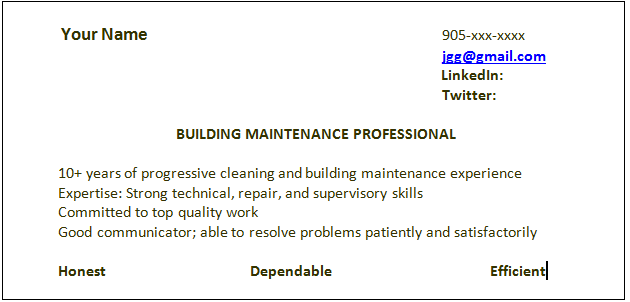 This is Joanna Samuels’ final post in the “Dear Employment Specialist” series. Joanna has taken on a new opportunity. We wish her the very best in her new endeavour. JVS Toronto’s Karin Lewis will be advising you as our new Employment Specialist. We look forward to her sound advice and expertise.
This is Joanna Samuels’ final post in the “Dear Employment Specialist” series. Joanna has taken on a new opportunity. We wish her the very best in her new endeavour. JVS Toronto’s Karin Lewis will be advising you as our new Employment Specialist. We look forward to her sound advice and expertise.
Dear Joanna,
After 11 years at my organization, I have been offered and accepted a fantastic career opportunity. I would like to resign from my current employer in the most diplomatic way. I am having a hard time because I am leaving a job and work friends that I love.
Please help me with this challenge.
Signed: Saying Goodbye is Hard (SGH)
Dear SGH
The best advice for resigning with dignity and diplomatically is presented by Dr. Randall S. Hansen, who the recommends the following strategies for a “graceful departure”:
Leave on good terms. Never burn your bridges. Don’t brag to your coworkers about your great new opportunity. Job hunting is an unpredictable process, and you never know when you will run into your former supervisor, co-worker, or a former employer in another situation.
Giving notice. Legally, you are required to give a minimum of two weeks. Consult your employer’s policies and/or the Collective Agreement if you are in a union. If you can, I would suggest giving extra notice as a special favour to your team and employer. Keep this in mind when discuss the job offer with your new employer.
Salary. Make sure you are paid for any outstanding salary, vacation, sick, personal days, commission payments or other compensation due to you.
Help with the transition. Offer to help your current employer find your replacement. Offer to train or work with your replacement to show them the ropes.
Remain an active employee. Don’t disappear during your last weeks on the job. Stay an active member of the team and avoid taking a short-timer’s attitude or aligning yourself with any discontented coworkers. Complete all open assignments and leave detailed progress reports for your supervisor and coworkers.
Keep networking. Keep in touch with your (soon to be former) colleagues and supervisors, especially those who you want to keep as network contacts. Make sure you are connected with them on Linkedin, Twitter and any other social media venues.



